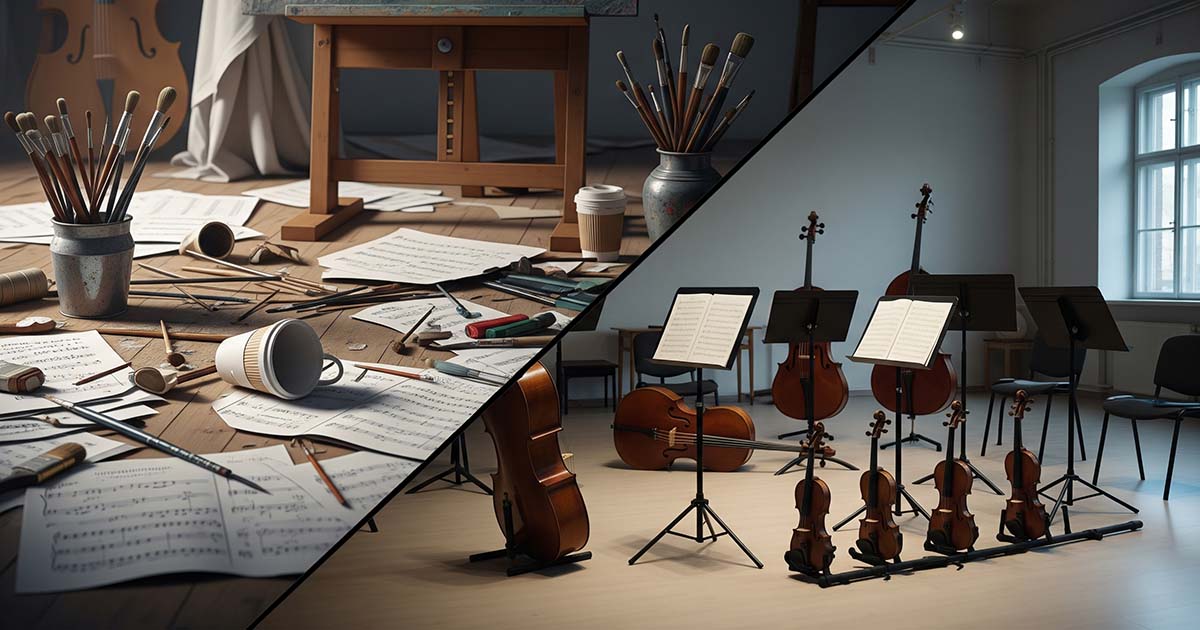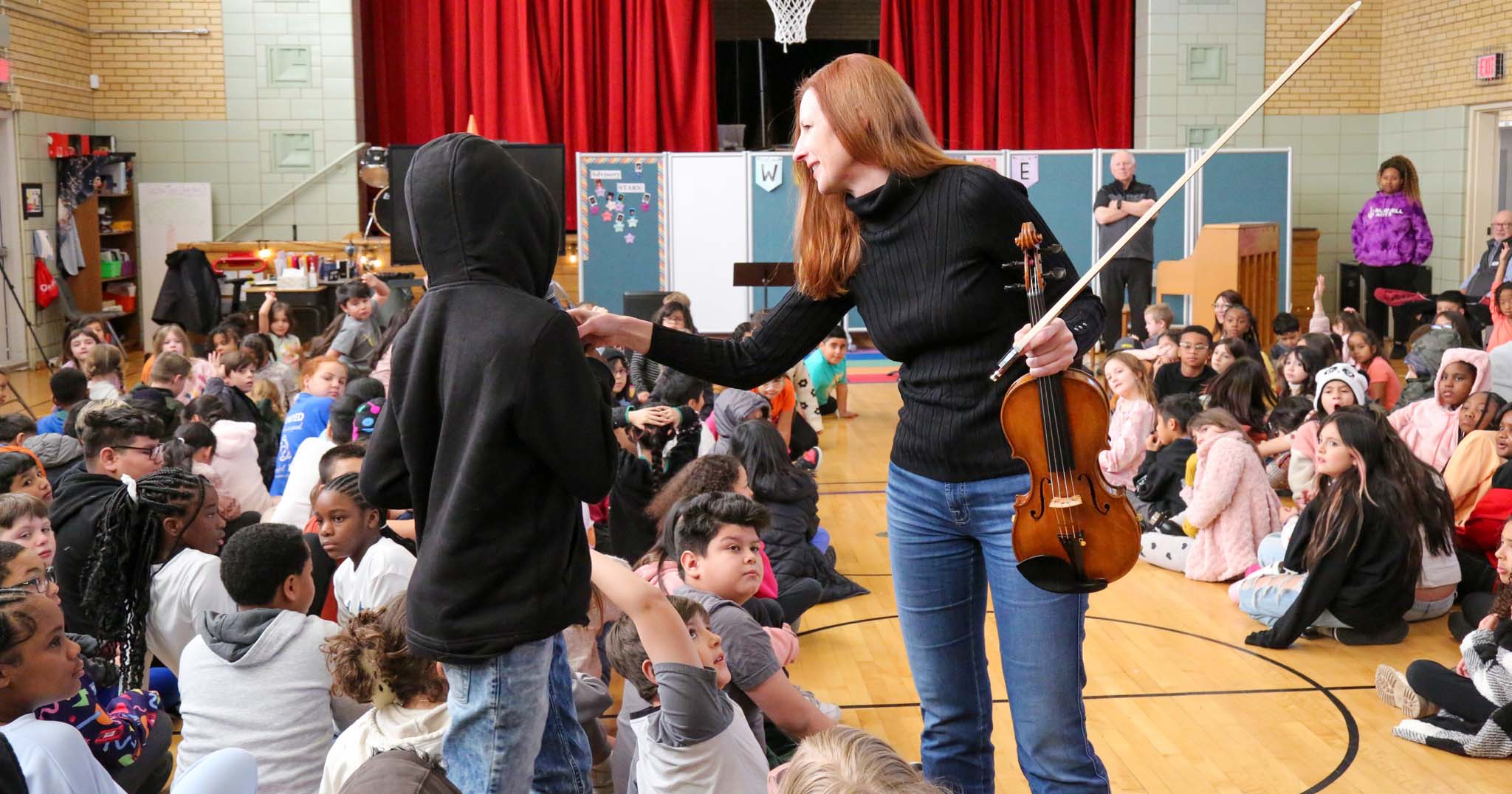
Art Isn’t an Excuse
by:
Holly Mulcahy
As someone deeply immersed in the world of music and the arts, I have witnessed a persistent myth that talent and creativity somehow excuse us from professionalism; that being an artist means we don’t need to be organized, prepared, or reliable. That the art itself will cover for any missed details or broken promises. But art isn’t an excuse. It’s not a reason to miss a deadline. It’s not a reason to be difficult to reach. It’s not a reason to be vague about expectations or passive about outcomes. If anything, art ... Continue Reading

But Who Will Take Care of Your Husband?
by:
Holly Mulcahy
You wouldn’t think that adding another part-time orchestra job would prompt the question, “But who will take care of your husband?”…and yet, it did. The comment immediately challenged my value and worth, not just as a musician, but as a professional woman. It’s a question men almost never face, no matter how many roles they take on or how far they travel for their work. The good news? My husband is more than capable. And more importantly, my choices are my own. Speaking with fellow busy women in the arts was validating. ... Continue Reading

What If AI Could Bow Your Parts? Now It Can.
by:
Holly Mulcahy
FOR IMMEDIATE RELEASE Revolutionary AI Tool Promises to Bow Your Orchestral Parts in Seconds [Austin, TX — April 1, 2025] In a groundbreaking technological leap set to transform the lives of concertmasters worldwide, a new AI-powered tool promises to take the guesswork out of orchestral bowings, and it only takes seconds. The new program, BowBot AI, allows concertmasters to upload blank music PDFs and instantly receive fully bowed parts in the style of iconic concertmasters past and present. Whether channeling the precision of Robert Chen (Chicago Symphony), the elegance of David Kim ... Continue Reading

A Full-Circle Moment: Why Music Education Matters
by:
Holly Mulcahy
During our time in Denver performing The Rose of Sonora with Symphony of the Rockies, composer George S. Clinton and I had the privilege of visiting The Charles Burrell Visual & Performing Arts Campus, part of Aurora Public Schools. For me, this visit was especially meaningful. I am a product of Aurora Public Schools, and I know firsthand the impact of music education. It is heartbreaking to see so many arts programs cut from public schools in the last decade. That is why the Charles Burrell campus is such an important oasis, ... Continue Reading

Take a Friend to the Orchestra
by:
Holly Mulcahy
Some of the best ideas do not need reinventing. They just need a fresh perspective and the right moment to bring them back to life. That is exactly what happened with Take a Friend to the Orchestra, an initiative I recently reintroduced at the Wichita Symphony in my role as Curator of Audience Engagement and Innovation. Originally launched years ago, this initiative was designed to welcome new audiences to the symphony but had faded into the background. As I looked for ways to make concerts feel more inviting and personal, I saw ... Continue Reading








